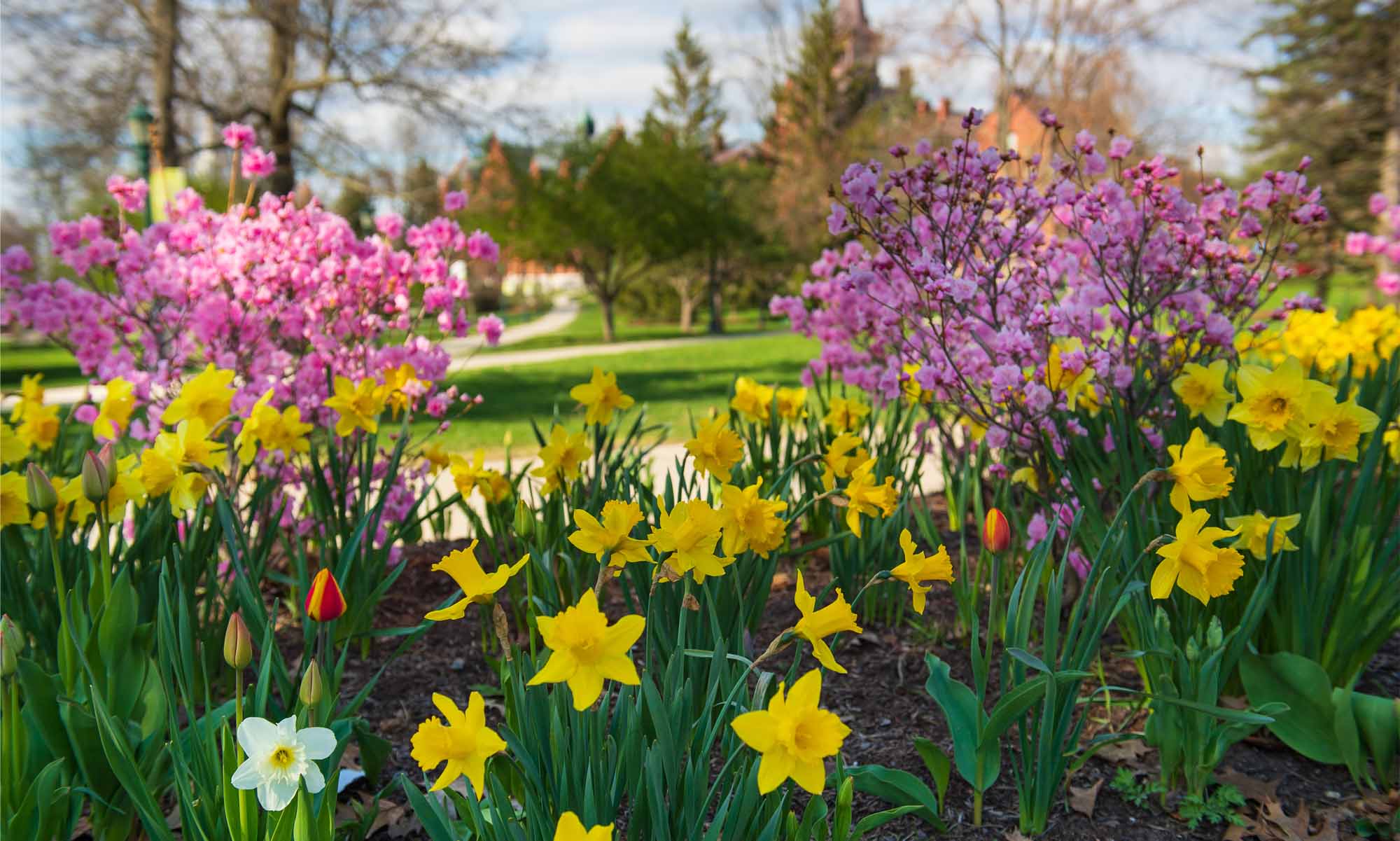
Plant Biology Research Assistant Professor Michael Sundue of the Pringle Herbarium, and Sarah Morris, graduate student in the Barrington-Sundue Lab, began their first of six National Science Foundation-funded plant collecting trips to Colombia.
Colombia has the greatest fern diversity of any country in the Americas (approximately 1500 species), but many of these species are known from very few collections. The goals of the project are to document the outstanding fern diversity of the country and determine what drives the evolution of this outstanding diversity. The first expedition focused on surveying the humid montane forests along the western flank of the Andean cordillera near the Chocó biogeographic region, one of the wettest places on earth.

This project is a collaboration with researchers from the Botanical Research Institute of Texas, the University of Gothenburg, the University of Antioquia in Colombia, and the Jardin Botanico of Medellín, Colombia. On this trip, the team collected nearly 3,500 herbarium specimens and DNA samples. Many of the collections were new records for these areas and new species to science. One species, Luisma bivascularis, was only known from a single specimen and hadn’t been seen in over 30 years!
The specimens collected on this trip will be distributed to herbaria in Colombia and around the world. Additionally, the DNA tissue samples will be used to power studies of plant evolution, speciation, biogeography, and macroecology.
Follow the updates on Twitter using #FernsOfColombia and #HelechosDeColombia.

